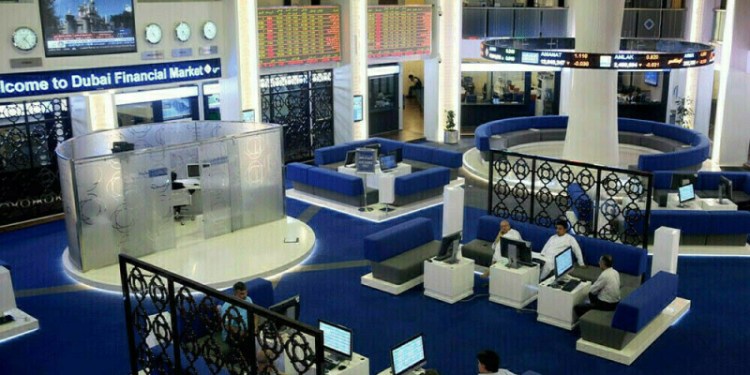The International Monetary Fund on Tuesday maintained its gloomy economic forecasts for Saudi Arabia due to low oil prices and lowered its expectations for the Middle East and North Africa overall.
The Saudi economy is set to grow by 1.2 percent in 2016, the lowest in seven years, and by 1.9 percent next year, the IMF said in its latest World Economic Outlook.
The downbeat predictions came despite the austerity measures taken by the kingdom to cut spending and boost non-oil revenues after posting a record budget deficit of $ 98 billion last year.
Riyadh in December reduced huge subsidies on fuel products, electricity, water and other services in a bid to boost non-oil revenues and rationalise consumption.
“The steep decline in oil prices is weighing heavily on the macroeconomic outlook in Saudi Arabia,” said the IMF.
Fitch Ratings meanwhile lowered Saudi Arabia’s long-term credit rating, saying the plunge in oil prices had “major negative implications” for the world’s biggest crude exporter.
The agency downgraded the kingdom’s credit rating to AA- from AA, and said the outlook remains negative, indicating a further cut is likely.
The IMF said additional spending restraint and revenue measures, including energy price reforms, containing the wage bill, prioritising capital spending and expanding non-oil tax revenues, will be necessary for Saudi and other oil exporters.
The only positive signal in the new IMF report was that growth projections were not cut further for the oil-dependent Saudi economy, which grew by 3.4 percent last year.
The economies of the Middle East, North Africa, Afghanistan and Pakistan as a whole are set to grow by 3.1 percent in 2016 and 3.5 percent in 2017, the report said.
That is worse than a January projection of 3.6 percent for each year.
The outlook for the region, which grew by 2.5 percent last year, “has weakened considerably because of further declines in oil prices and intensifying conflicts and security risks,” the IMF said.
The downgrade affected both oil exporters and importers.
The IMF cut its combined growth projection for the oil-exporting countries, which include the Gulf Arab states as well as Iran, Algeria, Libya and Yemen, to 2.9 percent this year from a forecast of 3.8 percent in October.
Last year they grew by just 1.9 percent.
The oil-importing economies, such as Egypt, Pakistan and Tunisia, are together set to grow by 3.5 percent in 2016, down from 4.1 percent projected in October and worse than last year’s 3.8 percent expansion.
Iran’s economy, which was flat last year, is projected to grow by 4.0 percent in 2016 and by 3.7 percent next year following the lifting of Western sanctions.
Oil prices crashed from around $ 115 a barrel in June 2014 to under $ 30 a barrel in February, before recovering to trade above $ 40 a barrel this week.


























